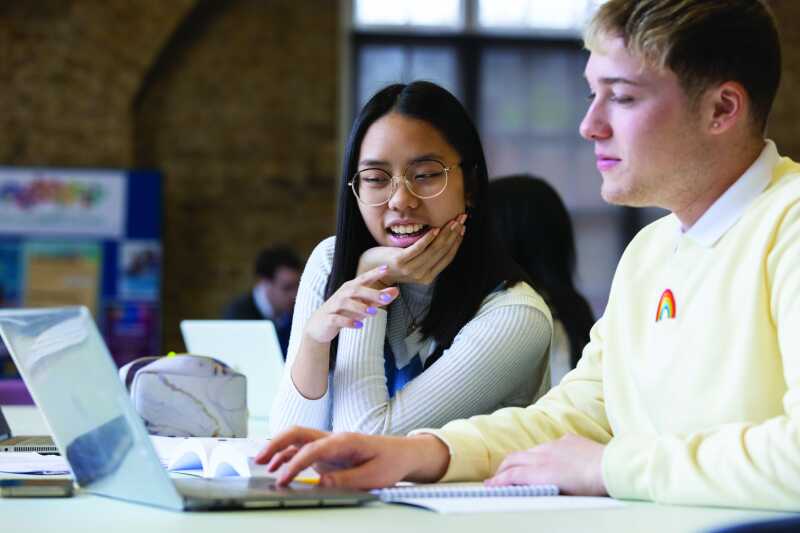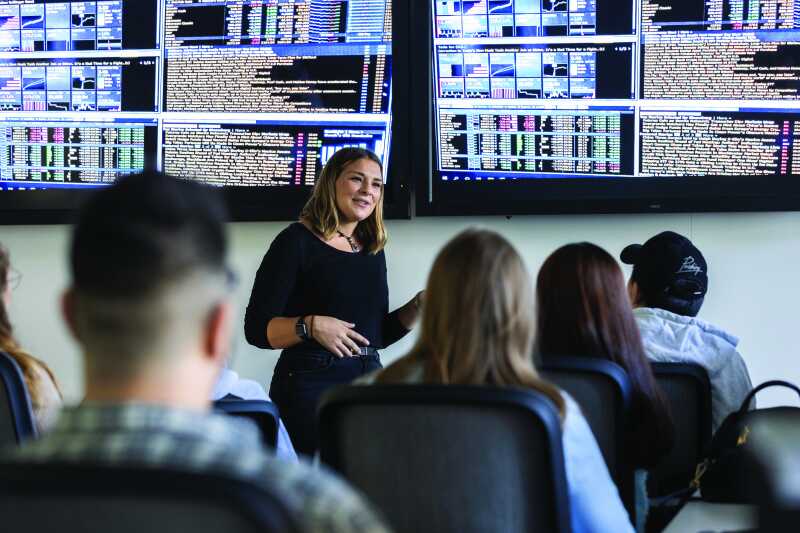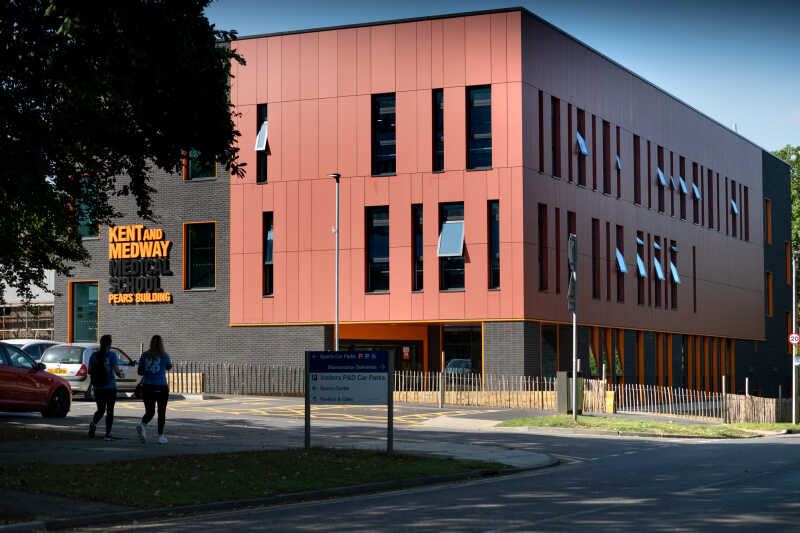Careers and Employability Service

Careers and Employability Service
We provide the advice, workshops and tools to prepare Kent students and graduates for employment and further study.
Highlighted links
-

Employability Activities and Services
Become employable! Boost your CV and kickstart your career with these activities.
-

Careers Tools and Resources
Different ways to enhance your employability.
-
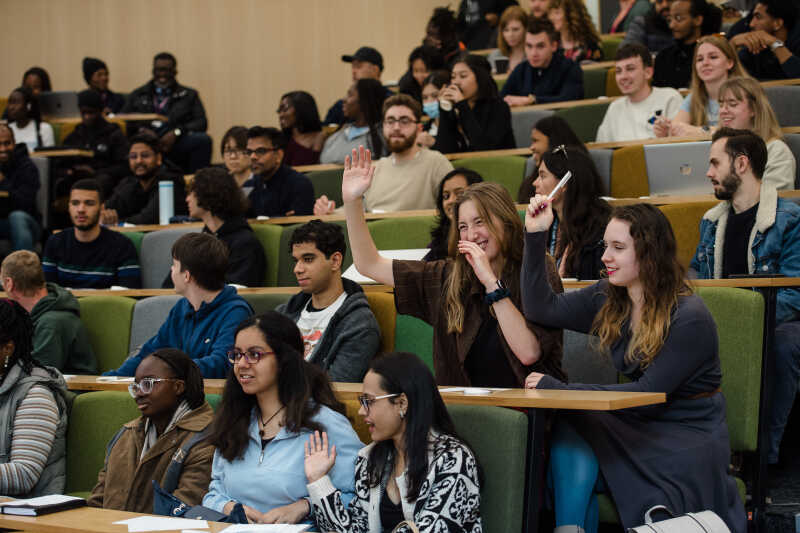
Workshops and Events
Develop your skills at our workshops and employer events. Explore your options at our Careers Fairs.
-

Quick Advice (20-minute Appointments)
Get feedback on your CV, cover letter, applications, LinkedIn. Discuss jobhunting and interview tips
Your Careers Service
Make the most of your time at Kent by using your Careers and Employability Service

Find the right job for you
Discover a range of opportunities including jobs, internships and placements.

Part-time work
Explore the steps you can take to find part time work whilst you study.
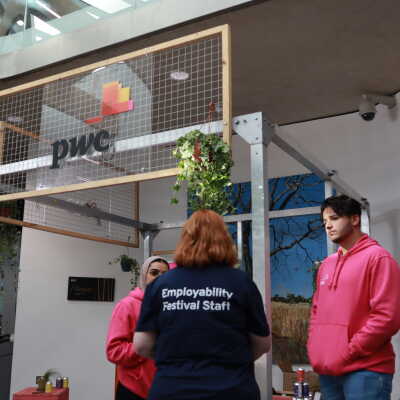
Planning your career
Strategic career planning helps you align your skills and passions with future job opportunities. Start planning today!

CVs, Cover Letters and Applications
Step-by-step guidance to help you apply for part-time work, placements, internships, and graduate employment.

Further Study
Considering further study? Explore your options here.
Tailored Careers Advice Pages
We support students of all years and stages, including our graduates (for up to three years after graduation). Explore our pages to make the most of your university experience and early years as a graduate.
